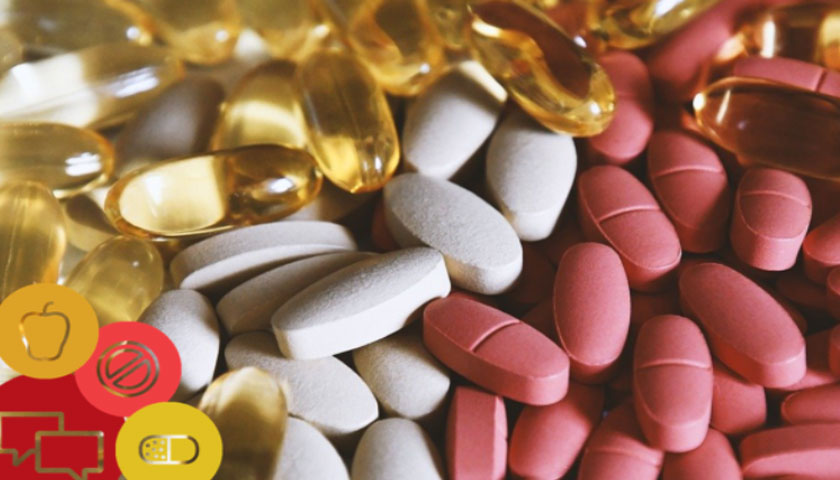The ASA/CAP have released a post called: CAP – Food supplements, COVID-19 and the immune system . I have enclosed the text of the link below, but please have a look at the ASA/CAP site as there are lots of things of interest to anyone with an interest in Ethical Marketing.
We’re all interested in doing everything we can to stay healthy and well at the moment, and in response many advertisers are choosing to highlight the health benefits that substances in their foods, drinks and food supplements can provide.
But there are strict rules around what advertisers can say about the links between their products, the ingredients in them, and health. Here are our top tips which contribute to the normal functioning of your compliance with the Ad Code.
Don’t reference COVID-19 or coronavirus in an ad for a food or drink product
It’s completely prohibited for ads to state or imply that a food, drink or food ingredient can prevent, treat or cure human disease.
This means that ads for such products cannot make any explicit or implicit references to COVID-19, coronavirus, viruses, flu (or any other adverse health condition), or any of the symptoms of such conditions.
Implicit references could include using phrases that suggest a product could be particularly useful to remaining healthy during the pandemic, such as “use our product in these difficult times” or “#lockdownhealth”.
Similarly, while it’s true that some doctors and scientists are investigating whether certain vitamins or minerals might help to treat COVID-19, referencing this fact in an ad for a food product implies that the product could help to prevent or treat the disease.
Be careful when referencing health benefits relating to the immune system
Advertisers can only make health claims about a food or ingredient if the claim is authorised on the EU Register of nutrition and health claims made on foods and the product meets the relevant conditions of use for the claim.
A health claim relating to immune function is authorised in relation to a number of different substances, including vitamins B12 and C, selenium and iron: “[Nutrient] contributes to the normal function of the immune system”.
But it’s important to be careful when using the authorised claim in advertising, because the full meaning of the authorised claim must be communicated to consumers. That includes attributing the health benefit to the nutrient named in the authorised claim and not exaggerating or changing the meaning of the authorised claim. Marketers should read CAP’s advice on health claims for more information about these principles for using health claims.
For claims relating to immune function it means avoiding wording that suggests the product or its ingredients could improve the functioning of the immune system or which over-emphasise the role of certain nutrients in the normal functioning of the immune system:
- DON’T refer to “boosting”, “strengthening”, “stimulating” or “optimising” immune function
- DO Include the word “normal” when referring to immune function
- DON’T make claims such as “vitamin C is important for immune function”; DO use “contributes to”, “helps”, or “supports”
- DO take care with the word “immunity” – using this instead of referencing ‘immune function’ could potentially be understood to mean that consuming the product will provide immunity to a disease.
For an overview of the rules and links to more detailed advice see our AdviceOnline entry here and for bespoke advice on any non-broadcast advertising our Copy Advice team would be happy to help.

